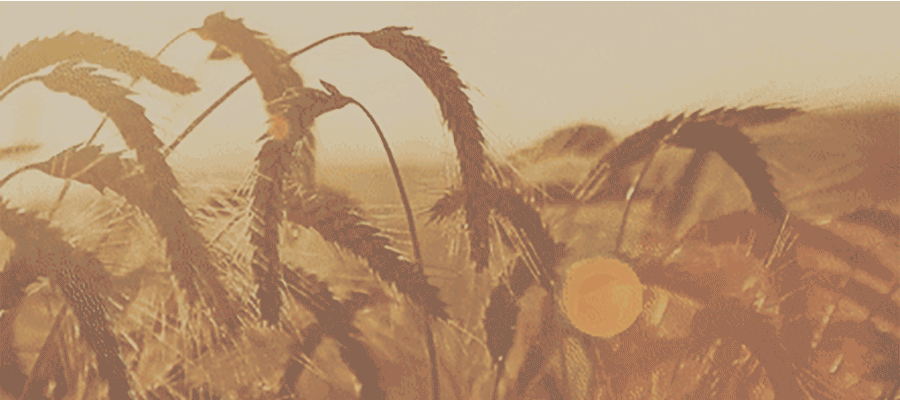Ixúp’igúp Theater, Slowwater
“Essentially,” Aremu went on, “the oven is a large place in which there is a good deal of concentrated heat. I have tried to replicate this by putting a closed, wide pot on the stove, and treating the inside of it as one would an oven,” He wiped his hand clean on a cloth, shaping an imaginary pot with the sweeps of his fingers. “This has worked surprisingly well – I have found a larger pot to be more effective, and that some space must be maintained between the baking surface and the bottom of the pot itself. Air circulation, sir, prevents the issue of too much moisture gathering and causing the baked good to steam rather than bake properly.”
“It sounds like an engineering problem, ada’xa,” Tom remarked, smiling.
Aremu grinned back, and tamed it once more. “Indeed, sir,” he said, smiling as well. “Once I understood it that way, I found I was able to make much better progress.”
They finished the meal that way, talking warmly over the strains of music and conversation. Aremu didn’t know whether he had smiled too wide or lingered too long; he did know the warmth that flooded though him, the careful trick of the balancing which he thought he was coming to know. There was nothing more personal to it, he thought, than there was to the fall on either side of a narrow ledge. As he came to know it too, he found that he could balance – that he could find the middle of it, and walk one foot after the other along the space between the gaps, and trust himself to stay upright.
They went back out through the leaves, through the tables and chairs, past the onjira playing another instrumental song, eyes closed and hair pulled back in a thick tail; they spilled back out onto the street, busy now with foot traffic and no more carriages pulling onto them. The last of the light was dropping from the edges of the sky above, and all the world was lit by colorful lanterns.
“It is a tradition, sir, for the doorways to be painted in bright colors in Slowwater,” Aremu explained as they made their way past vivid greens, blues, pinks, oranges, yellows and more, each made different depending what light spilled upon it and how. “It is said that there is a specific meaning to each color, but if so I don't know them.”
Here and there, drifts of qinnab and tobacco smoke swirled from doorways. There were a handful of bars, busy and bustling, more music and conversation. They wound down along Udúqaqer’egid. Not every one of the smaller streets had lantern strings of its own; this one did, lighting the stones underfoot and the storefronts.
Ixúp’igúp had no bright open window, but it did have two elaborately carved wooden doors, held open, with smoke all its own washing softly out, and conversation chasing on its heels. Aremu led Tom inside and to the counter; he handed over coin, and the onjira behind nodded, smiling, eyes lined in dark kohl and glittering purple powder, and gestured them towards a banister. The space was warm and plush, lined with dark velvets, and the carpet underfoot both thick and clean.
Aremu led Tom up the stairs, and along the edges of the balcony, into a quieter space. They had a sort of box in the row above, with two comfortable if worn seats tucked behind a drape of velvet curtain and beneath another one. The floor below was teeming with life and laughter, a mix of rows of chairs and small high tables; there was little light above them, making them hard to see above the balcony railing.
They have tsenid here, Aremu thought to say, and aqiti wine. In the darkness between the chairs, he took Tom’s hand in his, and he looked at the other man. Do you want a drink, Aremu thought to ask; it shouldn’t have been hard, and yet the words stuck in his throat, all the same, and he was silent, his thumb tracing soft, invisible patterns over the back of Tom’s hand.







